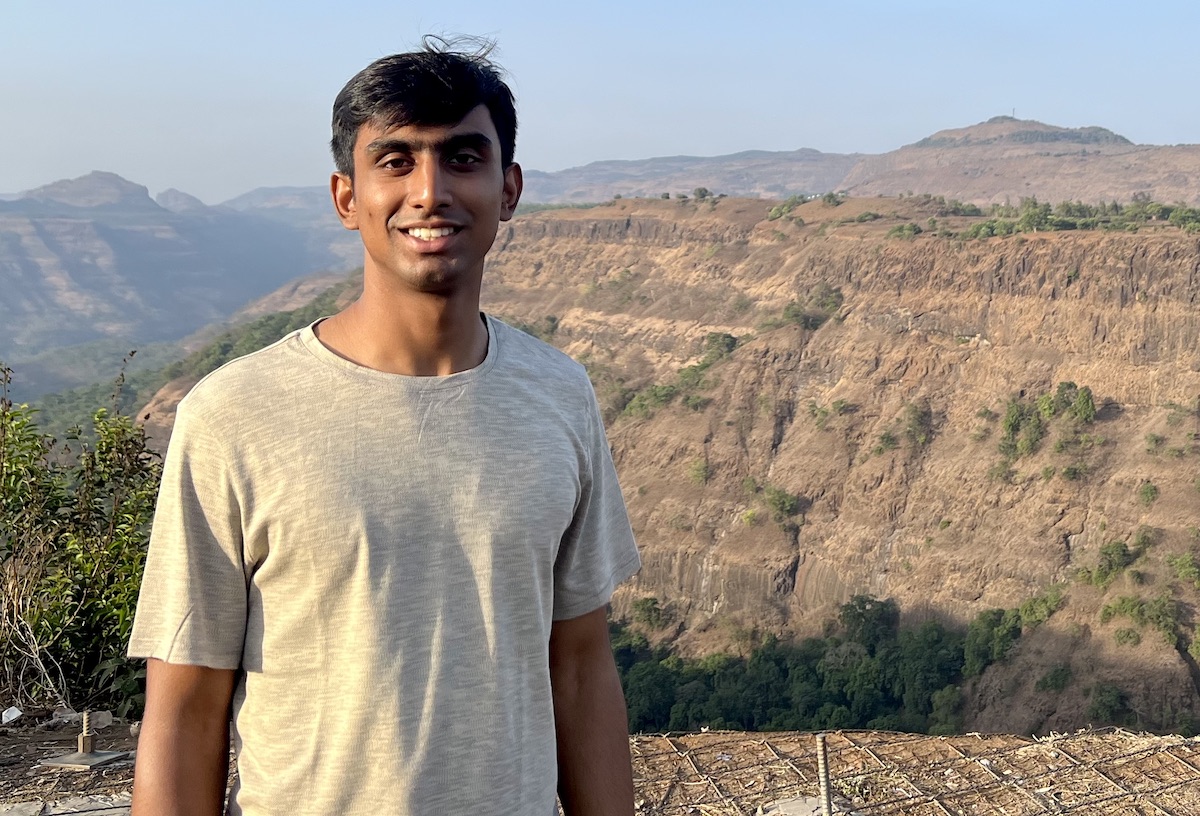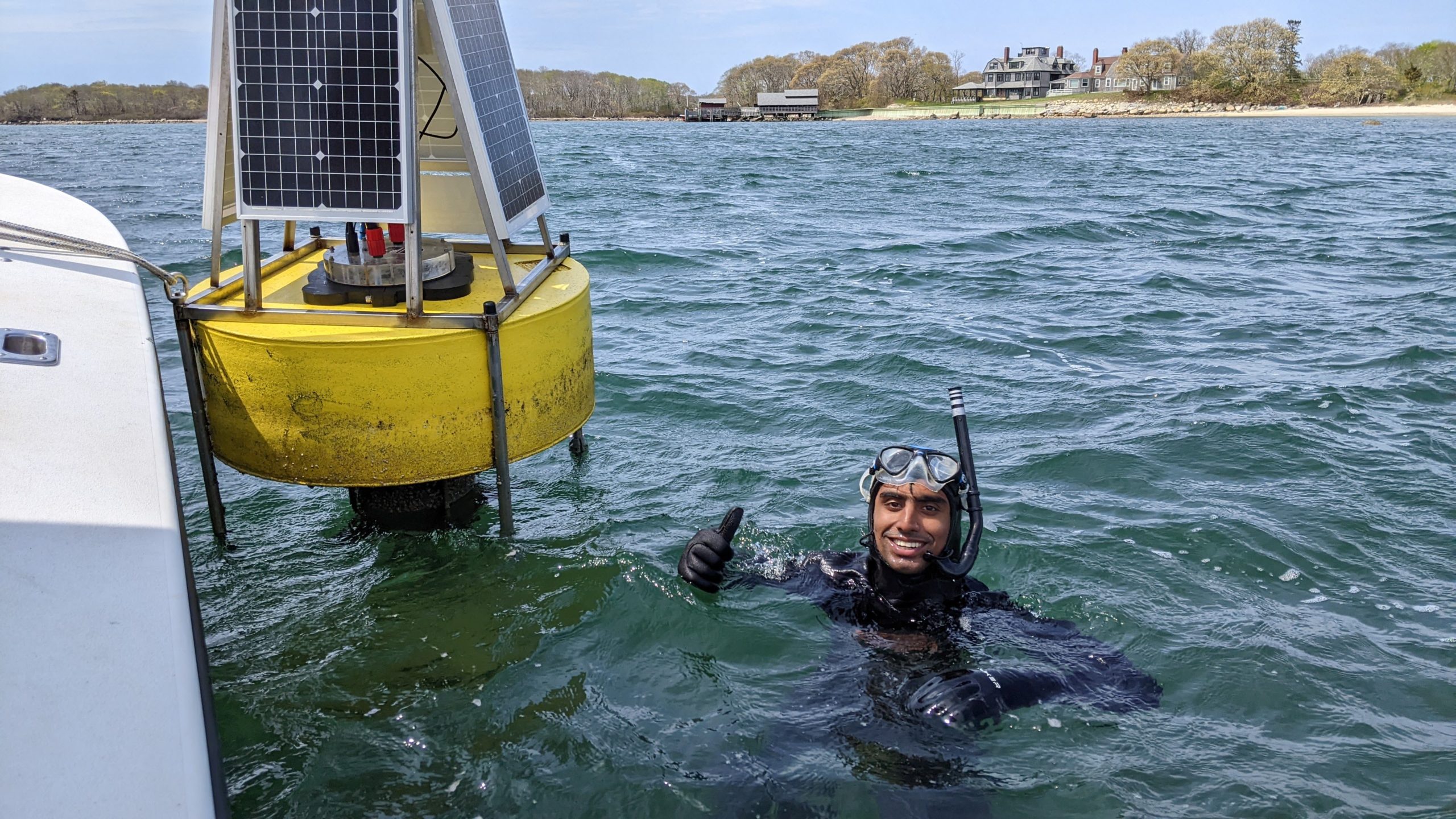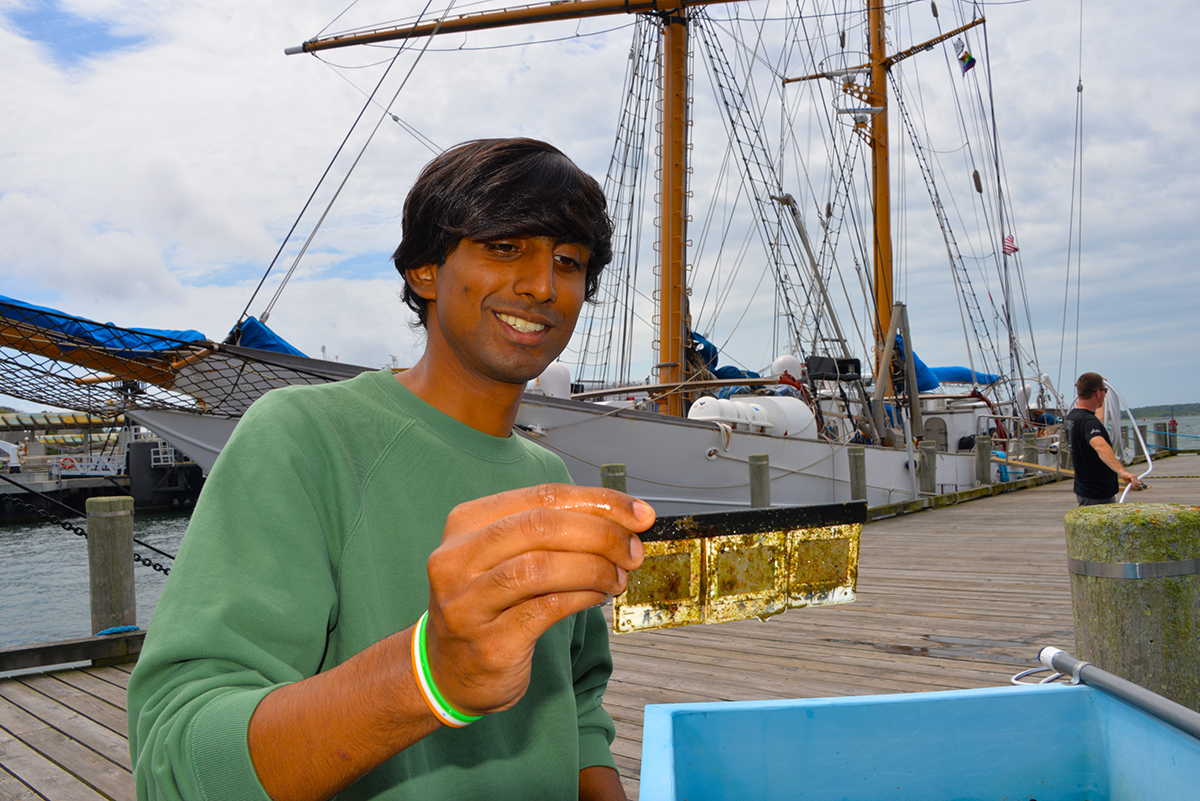I grew up in the suburbs of Mumbai, India, a bustling coastal city and one of the world's most populous metropolises. During my formative years, as India rapidly industrialized and urbanized, I witnessed factories dumping waste into nearby water bodies. Living near India's oldest and largest dump exposed me to industrial pollution. Simultaneously, observing the seasonal migration of flamingos and the dwindling but still thriving biodiversity in my surroundings piqued my curiosity, prompting me to delve deeper into the intricacies between terrestrial and marine ecosystems. The scene reminded me of being in Dr. Seuss’ classic, The Lorax, which my mom used to read to me.
From a young age, curiosity about machines and nature motivated me to observe and understand the natural world and engineering. My first attempt to find synergies between these two worlds was in my first year of studying physics in college when I designed and built a low-cost battery-assisted electric bike prototype as a non-polluting transportation solution for the polluted and densely populated city of Mumbai. Coming from a traditional setup back home, where opportunities to pursue my multidisciplinary interests in environmental science and engineering were limited due to a lack of programs, guidance, and funding, I was determined to make my dream a reality. With this in mind, I transferred to Rowan University, New Jersey, in my sophomore year to pursue a BS in Environmental Science.
The following year, I applied for the WHOI summer fellowship program. After graduating early, I successfully secured a position as a research assistant in Matthew Long's MACHINE lab. Working at WHOI is a step toward my long-term vision of blending engineering and environmental science into a single pursuit. I see WHOI as an open canvas that fosters a multidisciplinary approach and provides a collaborative space for innovation, particularly in my field. We’re doing cutting-edge research, such as finding new ways of sequestering carbon by measuring fluxes in estuarine and marine environments.
Coming from a city of over 21 million and now residing in Falmouth, with around 33,000 people, has been challenging on various fronts. However, my love for science and research keeps me afloat. The common goal of exploring new scientific frontiers blurs cultural differences and offers invaluable and fresh perspectives. I am determined to learn more about the intricacies of land-sea interactions, and what better place to do so than at WHOI? I aim to identify synergies between instrumentation, observation methods, and techniques to drive pioneering research forward.
During my time here at WHOI, I’ve had some of the best scientists in the world as mentors. I love the inclusive environment that allows me to communicate with scientists, understand their perspectives, refine my work, and advance science for the benefit of the community and the wider world. As I embark on my master's program in mechanical engineering at Northeastern University, I am eager to return to WHOI to continue where I left off.



